White may look innocent on your plate, but some of the most seemingly harmless white foods are quietly doing more harm than good. From fluffy breads to creamy sauces, these pantry staples often lack nutrients and are loaded with refined carbs, unhealthy fats, and hidden additives. While a few may only need moderation, others are best left untouched if you care about your long-term health. In this guide, we’re breaking down 8 white foods that slowly sabotage your body—and 7 that experts say should be avoided entirely. It’s time to rethink what’s really hiding behind all that neutral color.
1. White Bread
Your morning toast might be sabotaging your health. Made from refined flour that’s been stripped of its nutritional value, white bread offers little more than quick-digesting carbohydrates.
When you eat white bread, your body converts it to sugar almost immediately, causing your blood sugar to spike and then crash. This roller coaster effect leaves you hungry again quickly and can contribute to insulin resistance over time.
The lack of fiber also means it doesn’t keep you full, leading to overeating and potential weight gain. Switching to whole grain alternatives provides fiber, vitamins, and minerals that white bread simply doesn’t offer.
2. White Rice
The processing of white rice removes its most nutritious parts – the bran and germ – leaving behind mostly starch. This transformation turns a potentially healthy grain into a food that rapidly converts to glucose in your bloodstream.
Regular consumption can contribute to insulin resistance and metabolic syndrome. Many cultures rely on white rice as a dietary staple, but its regular consumption has been linked to increased risk of type 2 diabetes.
Brown rice retains its fiber and nutrients, making it digest more slowly and providing essential minerals like magnesium and selenium that support overall health. Even small substitutions can make a big difference in your long-term health outlook.
3. Regular Pasta
Traditional pasta made from refined flour might be a comfort food favorite, but it delivers a nutritional blow to your body. The refining process strips away fiber and nutrients, leaving primarily starch that your body quickly converts to sugar.
This rapid digestion leads to energy spikes followed by crashes, often triggering hunger shortly after eating. Many pasta dishes compound the problem with heavy, cream-based sauces that add saturated fat and calories.
Whole grain pasta varieties offer more fiber, protein, and nutrients that support steady energy and better digestive health. Bean-based pastas provide even more protein and fiber, making them a smarter choice for blood sugar management.
4. Saltine Crackers
Don’t let their simple appearance fool you – these crispy squares pack a concerning health punch. Saltine crackers contain refined flour, high sodium levels, and often include trans fats or hydrogenated oils to extend shelf life.
The high salt content can contribute to water retention and elevated blood pressure when consumed regularly. Their refined carbohydrates offer virtually no fiber, vitamins, or minerals, making them essentially empty calories that spike blood sugar.
A single serving can contain nearly 20% of your daily sodium recommendation! For better options, look for whole grain crackers with minimal ingredients, or try snacking on nutrient-dense alternatives like nuts or fresh vegetables with hummus.
5. Baked Goods
Those tempting donuts, muffins, and pastries display their danger right in their inviting white appearance. Commercial baked goods typically combine the worst ingredients: refined flour, added sugars, and unhealthy fats including potential trans fats.
This triple threat creates the perfect storm for inflammation in your body. The quick-digesting carbs spike blood sugar while the fats can raise harmful LDL cholesterol levels. Many commercial varieties also contain preservatives and artificial ingredients that your body struggles to process.
Regular consumption has been linked to increased risk of heart disease, obesity, and even depression. Homemade versions using whole grains, natural sweeteners, and healthy fats offer occasional alternatives that won’t wreak havoc on your health.
6. White Potatoes
Plain white potatoes aren’t inherently bad – they contain vitamin C, potassium, and some fiber. However, the problems begin with how we typically prepare them: fried, mashed with butter and cream, or loaded with sour cream and cheese.
These preparation methods transform a moderately nutritious vegetable into a high-calorie, high-fat food that spikes blood sugar. French fries and potato chips are particularly problematic, as the high-temperature cooking creates acrylamide, a potential carcinogen.
The glycemic index of white potatoes rivals table sugar, causing rapid blood glucose spikes. Sweet potatoes offer a better alternative with more fiber, vitamins A and C, and a lower glycemic impact when prepared with healthy cooking methods.
7. Flour Tortillas
These flat, round staples of Mexican-inspired cuisine might seem innocent, but commercially produced flour tortillas typically contain refined white flour, vegetable shortening or lard, and sodium. Some brands add preservatives and dough conditioners for extended shelf life.
The combination of refined carbs and unhealthy fats makes them particularly problematic for abdominal fat accumulation. Just two medium flour tortillas can contain around 300 calories with minimal nutritional benefit.
Regular consumption may contribute to visceral fat – the dangerous type that surrounds organs and increases inflammation. Corn tortillas offer a better alternative with whole grain benefits, fewer calories, and no added fats, though portion control remains important.
8. Cream-Based Sauces
Alfredo, ranch, and béchamel sauces transform ordinary foods into calorie bombs. These white sauces derive their creamy texture from heavy cream, butter, and sometimes cheese – delivering significant amounts of saturated fat in even small servings.
A half-cup of Alfredo sauce can contain more than 20 grams of fat and 400 calories! The saturated fat content raises LDL cholesterol levels, potentially contributing to arterial plaque buildup over time. Many commercial versions add sodium, preservatives, and thickeners that further compromise health.
The rich mouthfeel creates a highly palatable experience that encourages overeating. Healthier alternatives include yogurt-based sauces, pureed vegetable sauces, or olive oil with herbs and spices that provide flavor without the arterial impact.
1. Powdered Donuts
Those innocent-looking white rings dusted with powdered sugar hide a nutritional nightmare. Powdered donuts typically contain refined flour, sugar, and potentially dangerous partially hydrogenated oils that may include trans fats despite label claims.
The combination of refined carbs and unhealthy fats creates a particularly harmful food that contributes to inflammation and oxidative stress. Their high sugar content provides an immediate glucose surge followed by an energy crash that leaves you craving more sugar.
The white powder coating adds another layer of refined sugar that rapidly enters your bloodstream. Studies have linked regular consumption of foods like powdered donuts to increased risk of heart disease, stroke, and type 2 diabetes – making them truly a food to avoid entirely.
2. Sweetened Condensed Milk
This thick, sticky white substance packs a serious sugar punch that few foods can match. Created by removing water from milk and adding substantial amounts of sugar, sweetened condensed milk contains about 60% sugar by weight!
Just one tablespoon provides around 65 calories and 11 grams of sugar – more than a quarter of the daily recommended sugar limit for adults. Its concentrated form makes it easy to consume excessive amounts in recipes like desserts and sweetened beverages.
Regular consumption contributes to dental cavities, weight gain, and increased risk of metabolic disorders. While it adds undeniable richness to treats, consider it an ingredient to use sparingly or replace with less sweetened alternatives like evaporated milk with a touch of natural sweetener.
3. Instant Mashed Potatoes
The convenience of instant mashed potatoes comes with significant nutritional drawbacks. These dehydrated flakes undergo extensive processing that destroys much of the natural fiber and nutrients found in fresh potatoes.
Manufacturers often add sodium, artificial flavors, preservatives, and sometimes trans fats to improve taste and extend shelf life. A single serving can contain more than 25% of your daily sodium recommendation! The processing creates a product with a higher glycemic index than fresh potatoes.
The lack of fiber means they digest quickly, causing blood sugar spikes without providing lasting fullness. Real potatoes take just slightly longer to prepare but offer significantly more nutritional value, especially when the skins are included for added fiber and nutrients.
4. White Sugar
Those innocent-looking white crystals might be the single most harmful ingredient in the modern diet. White sugar contains zero nutrients – no protein, essential fats, vitamins, or minerals – just pure carbohydrates that rapidly convert to glucose in your bloodstream.
Excessive sugar consumption triggers the release of inflammatory messengers called cytokines throughout your body. The average American consumes about 17 teaspoons daily – more than triple the recommended limit for women and double for men!
Beyond weight gain, sugar overconsumption has been linked to heart disease, liver damage, cognitive decline, and even accelerated skin aging. Natural alternatives like whole fruits provide sweetness along with fiber, vitamins, and antioxidants that mitigate blood sugar impacts.
5. Non-Dairy Coffee Creamers
The innocent splash of whiteness in your morning coffee often harbors a concerning chemical cocktail. Most non-dairy creamers contain hydrogenated oils, corn syrup solids, and artificial flavors – ingredients your body wasn’t designed to process.
The primary ingredient in many brands is partially hydrogenated oil, which may contain trans fats despite label claims of “0g trans fat” (manufacturers can round down if it’s less than 0.5g per serving). These creamers also typically contain casein, a milk derivative that can trigger dairy allergies despite the “non-dairy” label.
The artificial sweeteners and flavors have been linked to disrupted gut bacteria and increased cravings. Better alternatives include unsweetened plant-based milks, a splash of real cream, or learning to appreciate coffee’s natural flavor.
6. Refined Salt
The standard white table salt in most kitchens bears little resemblance to natural salt. Refined salt is stripped of minerals and often contains anti-caking agents and sometimes even added sugar to improve pour-ability.
While sodium is essential for life, the excessive amounts in processed foods and added at the table can overwhelm your kidneys’ ability to excrete it. This leads to increased water retention and higher blood volume, forcing your heart to work harder.
About 90% of Americans consume too much sodium, averaging 3,400mg daily – well above the recommended 2,300mg limit. Unrefined options like sea salt or pink Himalayan salt contain trace minerals and require less volume for the same flavor impact, making them slightly better alternatives.
7. Potato Chips
Food scientists have engineered potato chips to hit the perfect bliss point of salt, fat, and crunch that triggers addictive eating patterns. These thin slices of potato fried at high temperatures create acrylamide, a potential carcinogen formed when starchy foods are cooked above 248°F.
A standard bag can contain more than 150 calories per ounce with minimal nutritional value. The combination of refined carbs and unhealthy fats creates a particularly harmful food that contributes to inflammation and weight gain.
Studies show the satisfying crunch actually encourages people to eat more than they intend. Even “reduced fat” varieties typically replace fat with extra sodium and sugar. Air-popped popcorn, baked sweet potato slices, or kale chips offer crunch with better nutritional profiles.
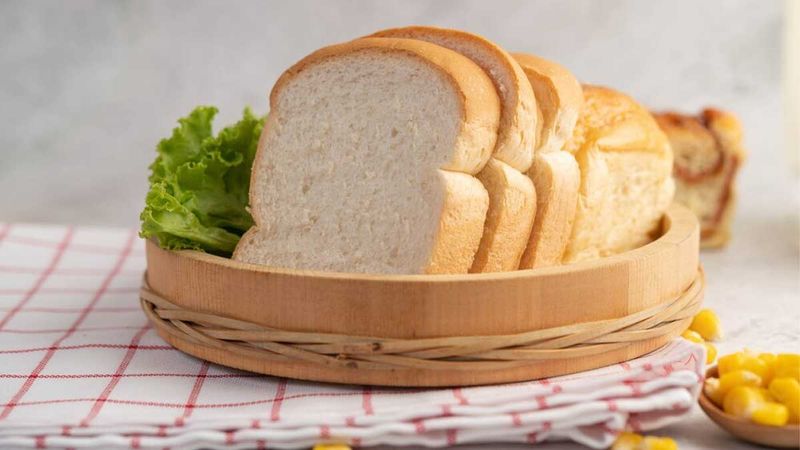

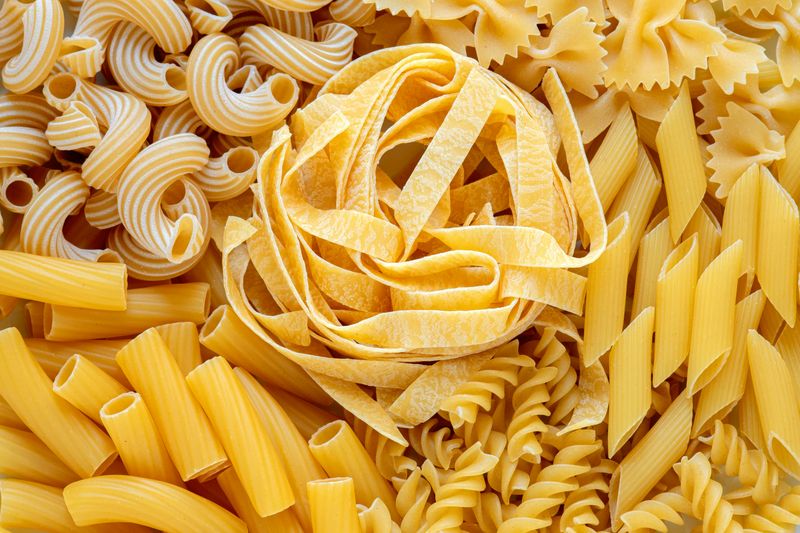
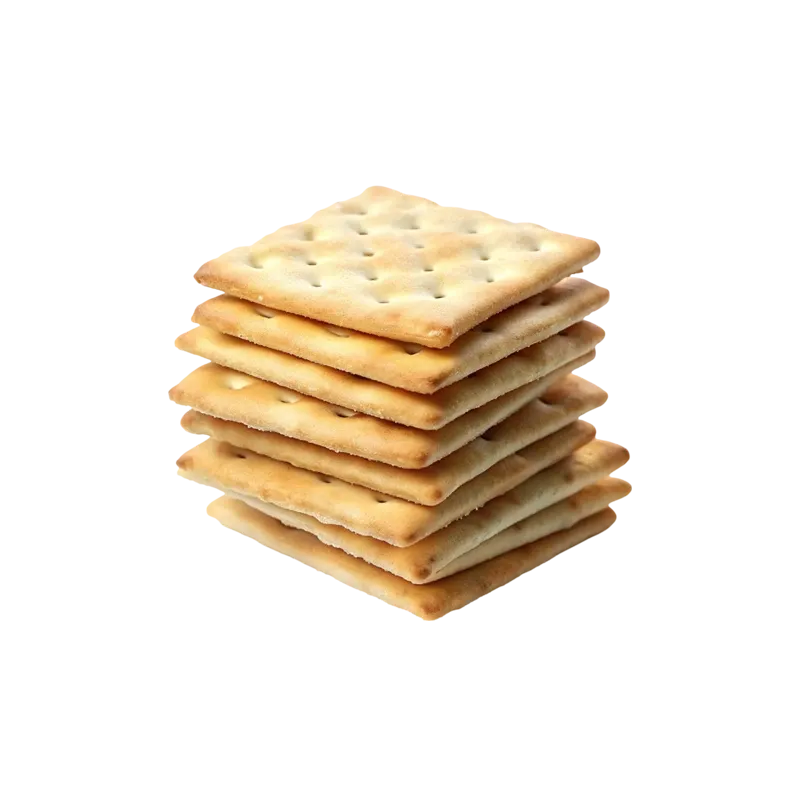

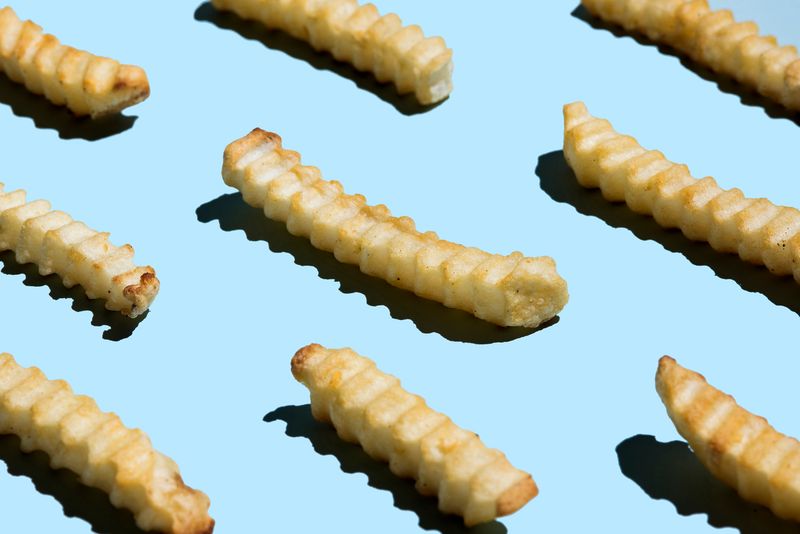

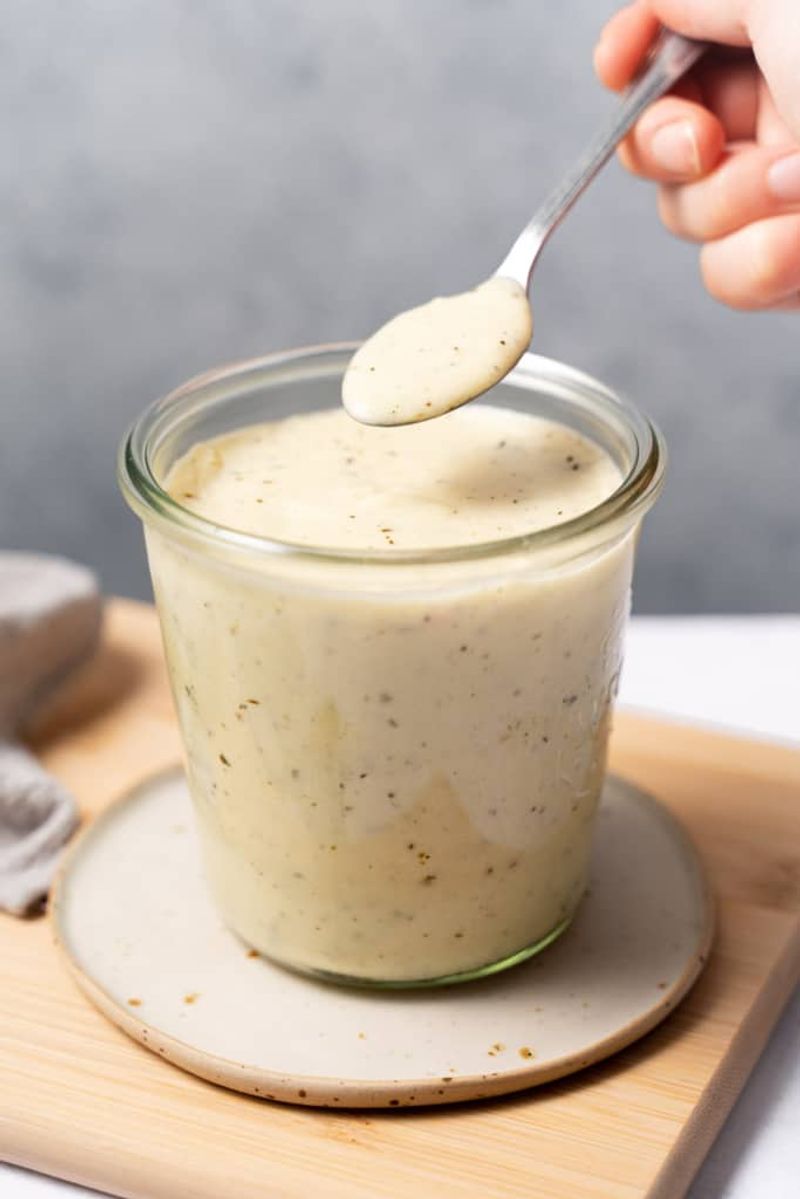
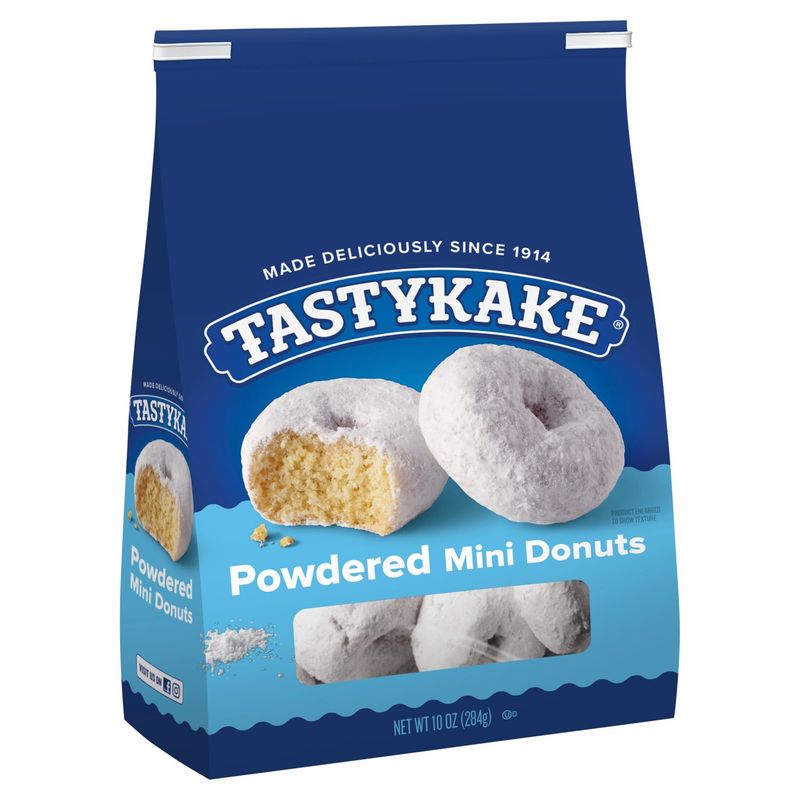
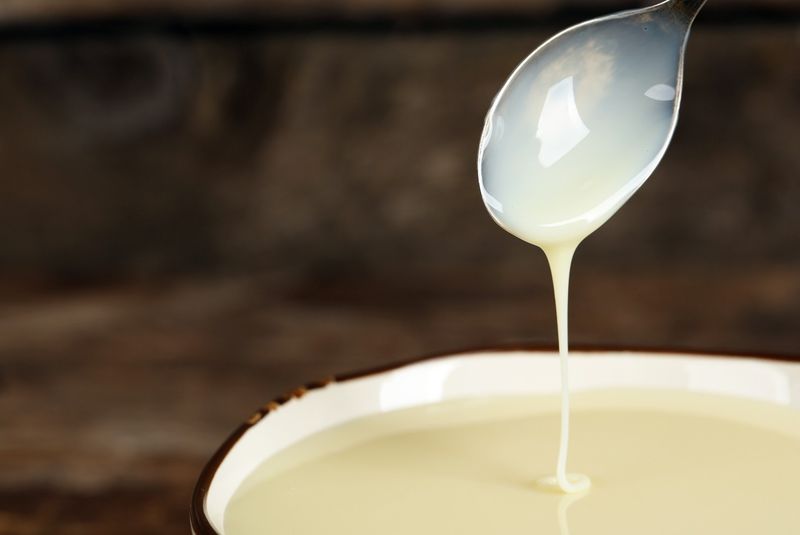
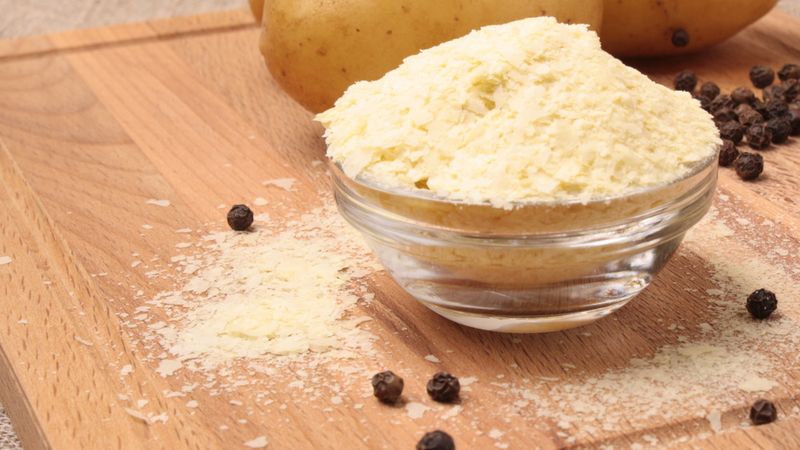
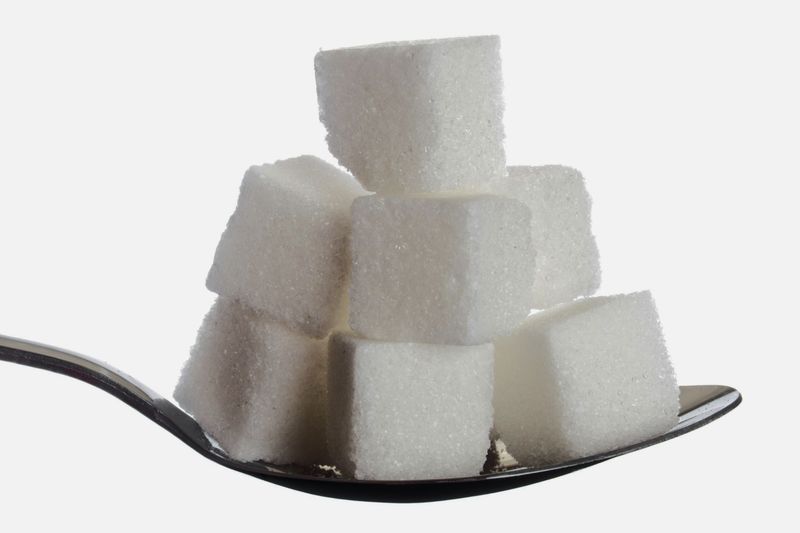
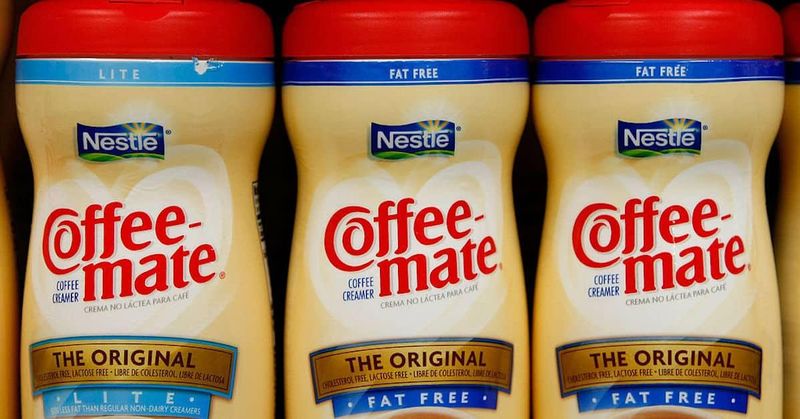
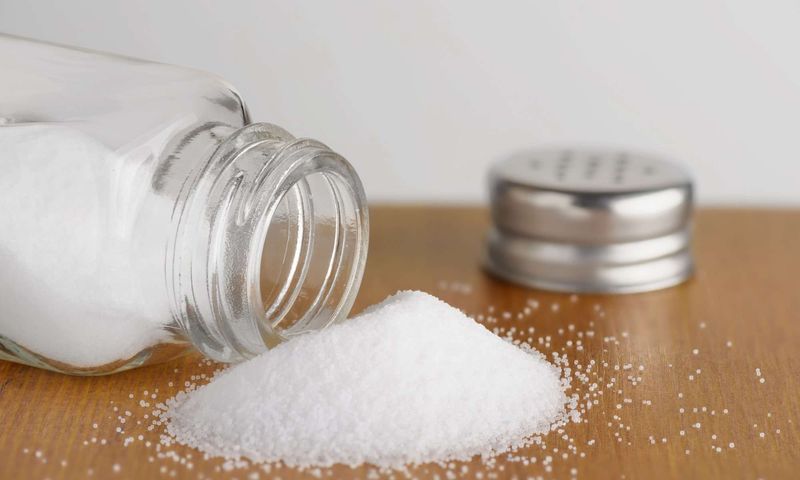
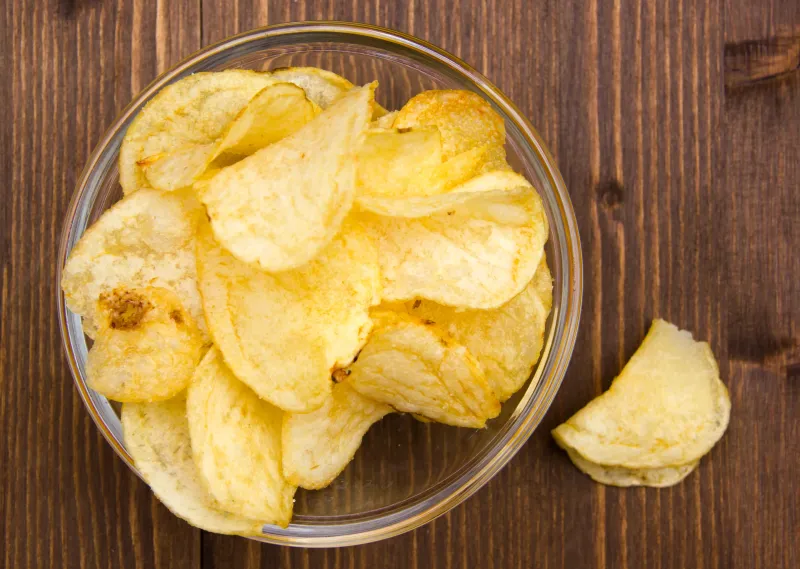
Leave a comment